Frasil: Companion, Tutor, Friend
As cited by many tech-savvy CIOs, there are endless ways in which technology can help people living with disabilities (PLWD) to gain more independent access to leisure, learning, and employment. Today, we are already witnessing people living with disabilities augmenting the use of computers to hear, see and communicate with great accuracy. For instance, the late Stephen Hawking used a series of different devices to talk and write culminating in a computer-based communication system developed in 1997. The computer system designed by Intel used an advanced form of AI to analyze Hawking’s “cheek twitches” and combined that information with predictive analytics to help him express appropriate words. As ages passed, devices as such and more have been developed to give tangible benefits to disabled people. To further invigorate the market, Fran Killoway established Frasil to commercialize the world’s first intelligent Humanoid designed to aid people with disabilities in finding their voice and engaging them with the environment around them. Powered by an architecturally designed AI neural network platform, Frasil’s humanoid gives tangible benefits to disabled people and aids them to augment their voice and understanding capabilities. “We are taking AI to the next level because we are personalizing it and adding value to disable people,” states Fran, the Executive Chairman of Frasil.
THE BACK STORY
Prior to establishing her firm, Fran spent two decades of her life gaining knowledge in AI through associating with BCG on AI theories, a large US Defence company, Oracle and other large multinational corporations. But amidst her thriving career, she took a three-year back from her corporate life owing to personal reasons. When she returned in 2010, Fran aimed to translate her knowledge on AI to build solutions to enhance the lifestyles of disabled people. By committing herself to the mission and spending the next four years of her life in various research programs, she established Frasil in 2014. “Frasil was built to commercialize the AI Technology and render solutions for PLWD, disability service providers and 24/7 research for other stakeholders including the government,” says Fran.
AI-POWERED HUMANOID
The firm’s AI-powered humanoid enables people living with disabilities to express their needs along with offering a companion. “With the platform, users can not only choose their desired breakfast but can also inform the caretaker about their preferred outfit for the day, remarks Fran. “We aim to give disabled people a choice on whatever they want to do”. Apart from enhancing their quality of life, Frasil also enables disabled people to “catch up” to the lifestyle of normal users. “Ultimately, technology has a responsibility. Our AI-powered humanoid takes on that responsibility.”
THE ARCHITECTURE BEHIND THE HUMANOID
For personalizing the platform according to the users, the technology has a preference engine that asks a series of questions to each user. Once those questions are answered, the operating system switches according to the specific needs of users. “We are simplifying the use of computers and smart devices by tailoring the system according to the individual needs of each user.” One of the unique factors of the platform is even if there are 100 million concurrent users; the humanoid delivers a distinct and personalized feature to each user; the platform responds uniquely to each user in a way that they want it to. Further, the platform is capable of building its own screens as it can comprehend every bit of information given by the user. The technology also has a series of funnels to determine each user’s behavior over five logs on interactions. By applying AI methodologies in that period, the humanoid comprehends the empirical actions and the academics of each user and accordingly chooses, for example, the language for understanding each user’s style of speaking. “We teach the computer like a five-year child.” In the next two years, the platform will be democratized in more than 65 languages.
THE CUSTOMIZED FEATURE
After understanding the specific demands of each user, the platform customizes itself accordingly. Conversely, the humanoid does not dictate the outcome to the user and remains as the user sees the world. With the information and knowledge, the humanoid can interact for the user and indulge in a conversation with family, friends or the broader world. Further, the humanoid can elucidate the actions in the world to the user and converse with him/her about the other facets of life. It can also reduce loneliness by initiating the conversation with a companion
THE QUINTESSENTIAL HELPING HAND
A distinct factor built-in within the humanoid that makes it unparalleled in the language and knowledge base that allows easy translation to other languages. Frasil is also compatible with various devices and can assist a person in using the World Wide Web and manage other aspects of day-to-day life.
Elaborating on the various applications of Frasil, Fran cites a few customer successes stories. One user who hadn’t spoken in 58 years, was able to communicate with his careers and family through the use of the Frasil humanoid.
A THRIVING FUTURE
Forging ahead, Fran mentions that the company is planning on adding additional features to its AI neural network platform, which will make it possible for the system to serve PLWD in extraordinary ways. “Technological advances to the system will be driven by the needs and desires of our users,” says Fran. Intelligent Humanoids such as Frasil’s are just the beginning of technology empowering people with disabilities and helping them to enhance their life.
Powered by an AI neural network platform, Frasil is commercializing the world’s first intelligent Humanoid that can give tangible benefits to people living with a disability.
For More Details:


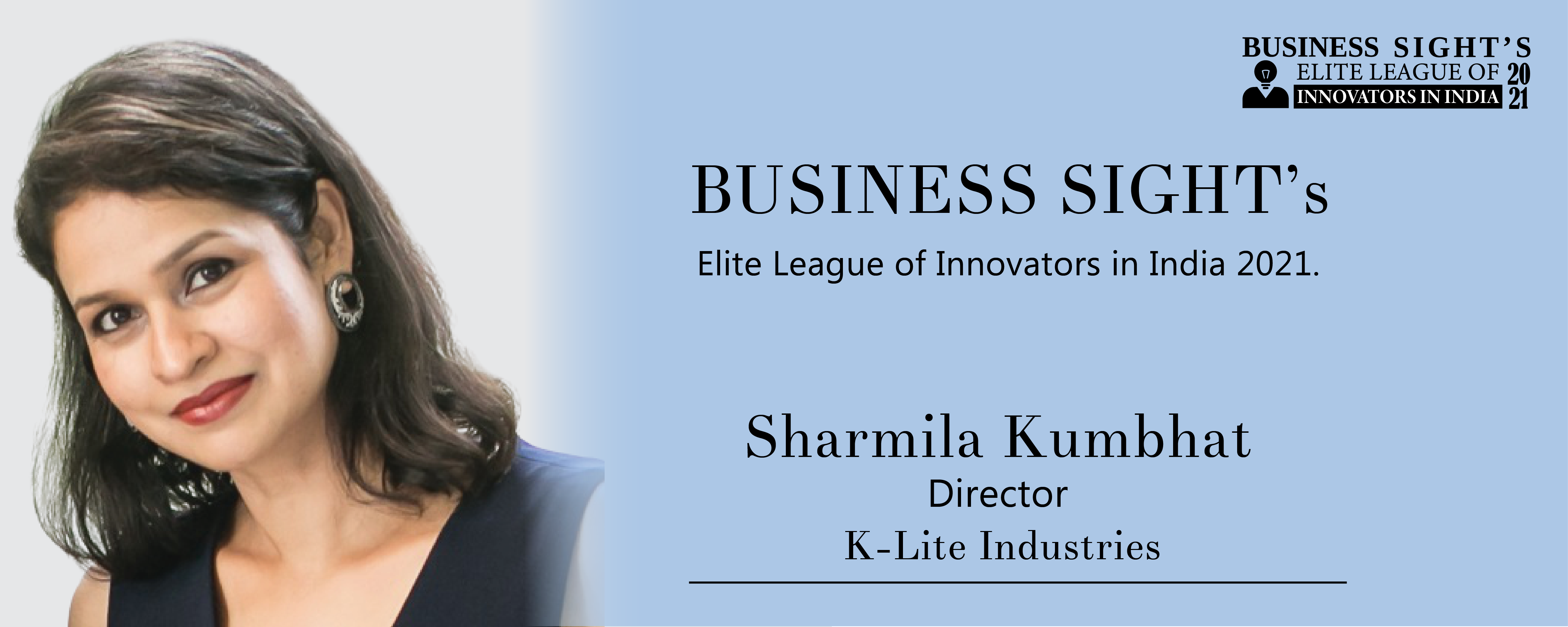
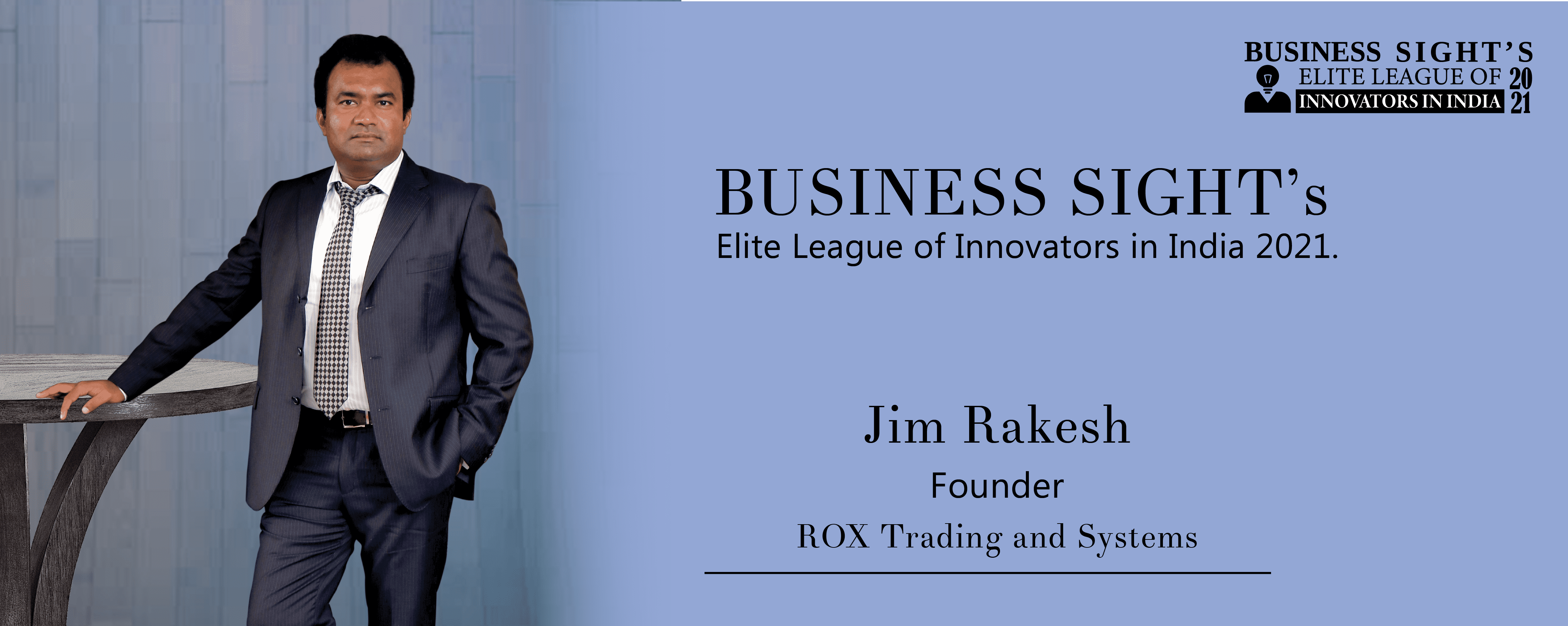
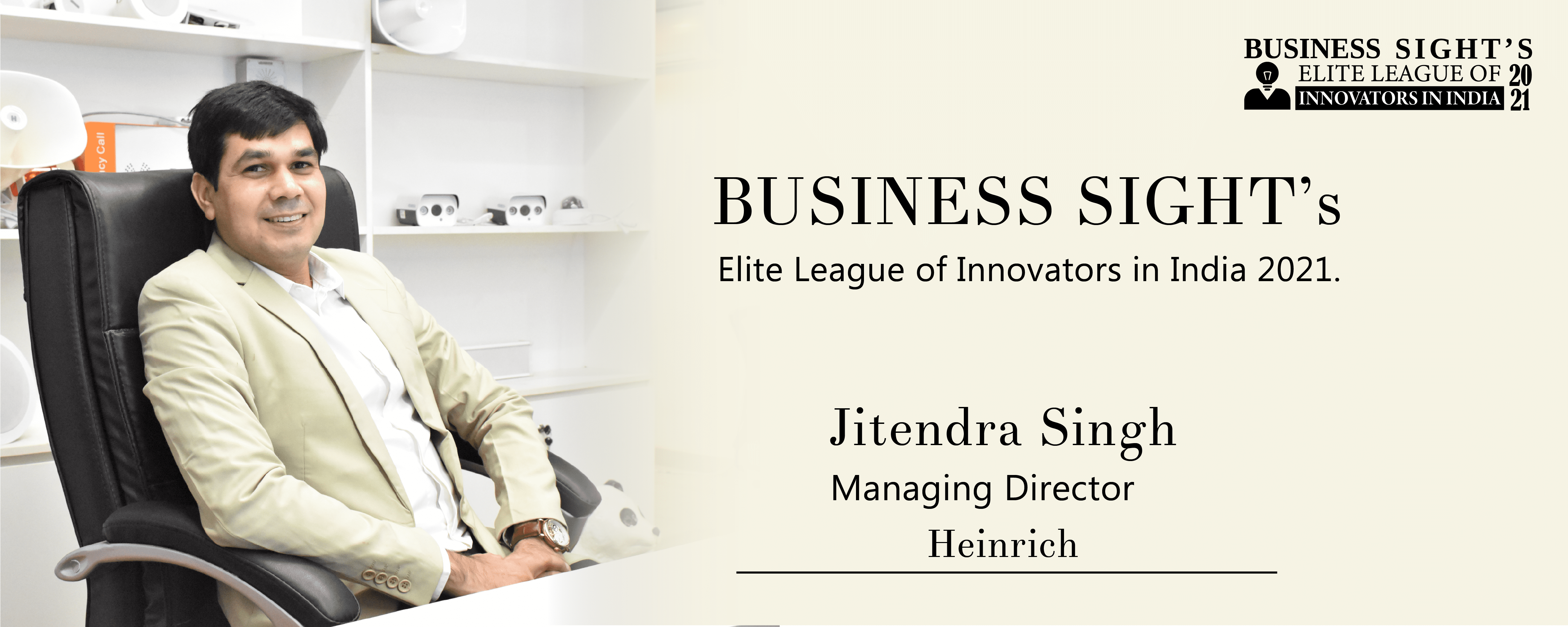



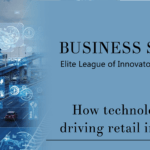
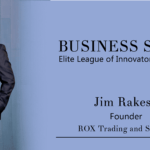
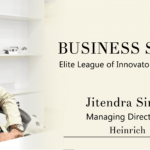

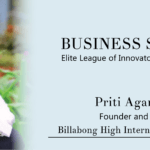
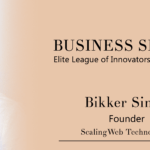

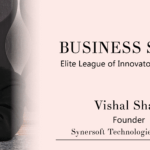


An insightful article and a bright proposition into the realm of AI having a real effect in the world of the disadvantaged. In this growing age of technology it is essential that we are all brought to the same level, not just those who are traditionally “able”.